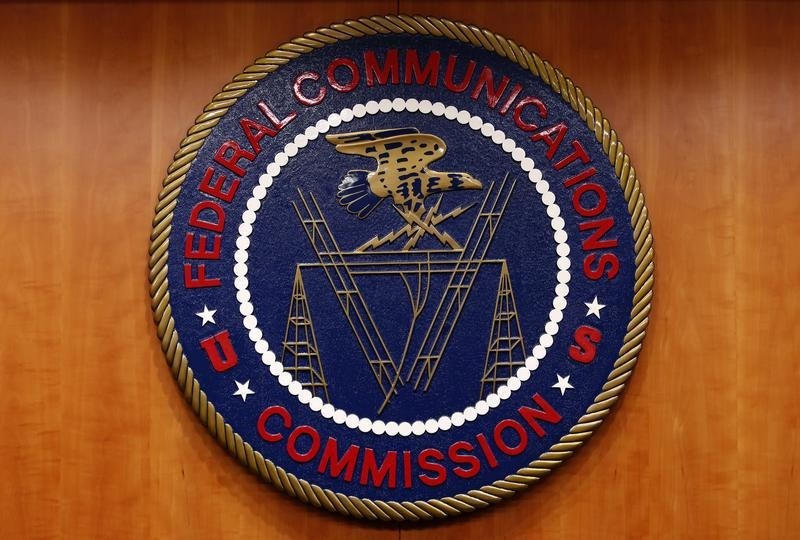By Malathi Nayak
NEW YORK (Reuters) - AT&T Inc (NYSE:T) and three cable and wireless trade groups filed separate lawsuits on Tuesday challenging the U.S. Federal Communications Commission over its new web traffic regulations.
AT&T is the first large telecom player to individually appeal against the FCC's so-called "net neutrality rules." The suit comes even as the No.2 U.S wireless company's proposed $48.5 billion (33 billion pound) acquisition of satellite TV operator DirecTV is under FCC review.
The National Cable and Telecommunications Association, CTIA-The Wireless Association and American Cable Association also filed lawsuits in the U.S. Court of Appeals for the D.C. Circuit. USTelecom trade group filed a similar lawsuit on Monday.
AT&T's challenge follows one by smaller Internet provider Alamo Broadband Inc in the 5th U.S. Circuit Court of Appeals in New Orleans last month.
The rules take effect 60 days after their publication in the Federal Register on Monday, a step that set off a series of lawsuits.
Approved in February and posted online on March 12, the FCC's new rules treat Internet service providers as more heavily regulated "telecommunications services," more like traditional telephone companies.
AT&T and the groups in their filings said the rules were "arbitrary, capricious" and against various laws and procedures.
The new rules prevent broadband providers from blocking or slowing any Internet traffic and from striking deals with content companies for smoother delivery to consumers.
"Instead of promoting greater industry investment ...the FCC opted to resuscitate a command-and-control regulatory regime, including a process where innovators must first seek permission from the FCC before rolling out new services," CTIA President Meredith Attwell Baker said in a statement.
In a similar vein, NCTA's President Michael Powell said the FCC's "utility style regulation" was a cause of concern.
AT&T and other Internet service providers such as Verizon and Comcast have decried the FCC's new rules stating that they would thwart investment and innovation.

Telecom and broadband companies would continue to invest in improving and upgrading their services despite the new rules, FCC Chairman Tom Wheeler said at an industry event in Austin, Texas on Tuesday.